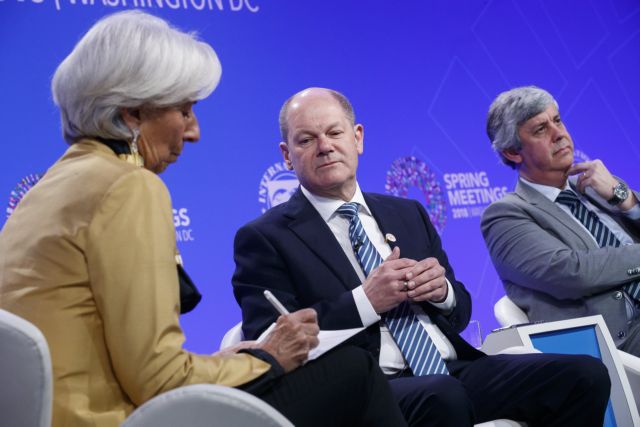The Eurogroup Working Group (EWG) and European officials yesterday sent a stern message to Athens to speed up implementation of the preconditions for reaching a technical agreement with creditors by 24 May.
The EWG meeting focused on the form of enhanced fiscal supervision after the formal conclusion of the adjustment programme in August.
The crucial issue of debt relief was not discussed, as the technical discussion of various options has been exhausted, and the final course on this issue will be determined on the political level – mainly between Germany and the IMF.
A failure to reach agreement may lead to the IMF’s departure from the programme, in which case Greece would lose the strongest proponent of debt relief, and indeed without the strict conditions that European creditors are poised to impose – gradual debt relief linked to tough reforms.
That is the position of Germany, which in addition is demanding that each bit of debt relief, which will be linked to a binding fiscal framework, must be approved by the German parliament.
That alone, if approved, could lead to the IMF’s withdrawal from the programme.
On top of that, European Central Bank official Francesco Drudi argued for a precautionary credit line that would have specific economic requirements, which would serve to keep Athens on the path of fiscal virtue.
In an interview with the financial newspaper Naftemporiki, Drudi said the credit line would lower the dangers of economic turbulence, would lead to a lifting of all capital controls sooner, would preserve the waiver on Greek bonds (which is crucial for Greek banks) and would allow Greek bonds to be included in the QE programme.
Still, Drudi underlined that it is the Greek government which must decide whether to request a precautionary credit line.



